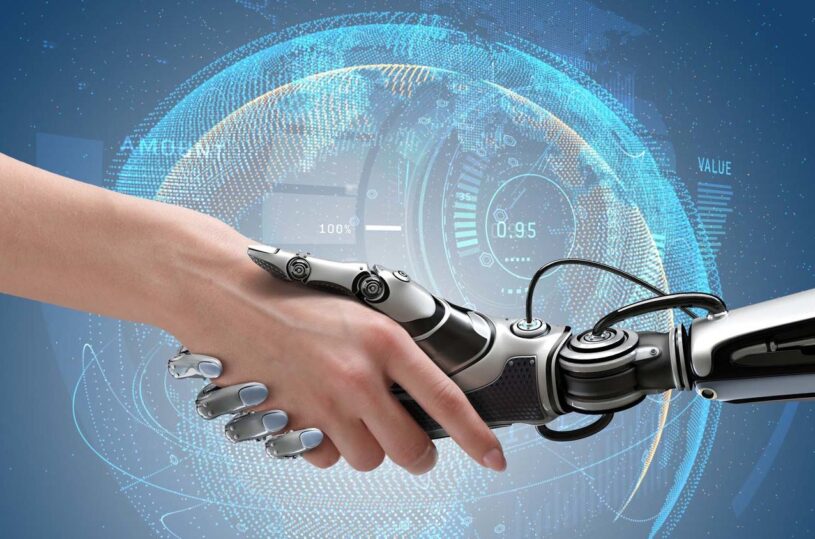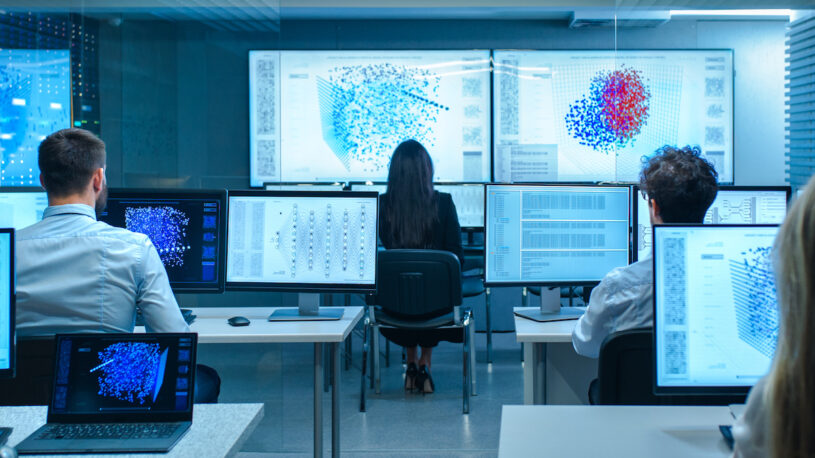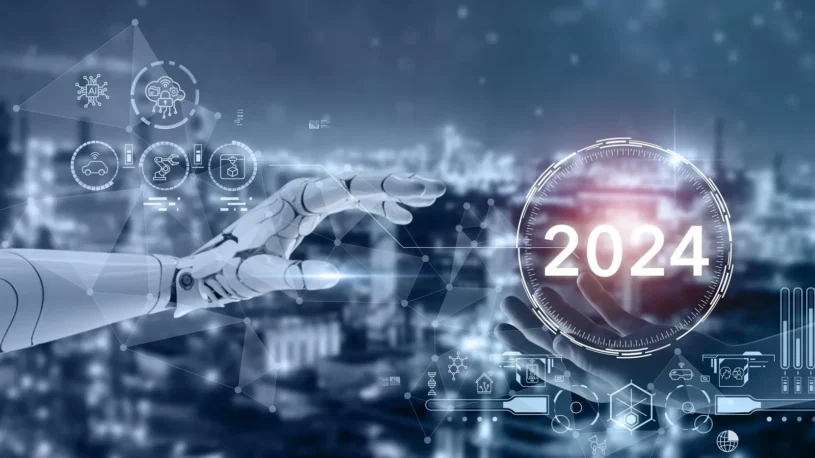
In a world where technology is rapidly evolving, studying future trends becomes particularly relevant.
The article examines the forecasts of Egemen Mustafa Sener, an expert in technology and innovation, which will help us understand which technological trends will be most significant and how they will affect our daily life, economy, and society.
Key Technological Trends for the Coming Years
Mustafa Egemen Sener highlights key technological directions that will transform our world: artificial intelligence and machine learning accelerate automation across various industries, robotics brings changes to manufacturing and everyday life, blockchain and cryptocurrency technologies enhance security and transparency in finance, augmented and virtual reality open new possibilities in education and entertainment, and biotechnologies make breakthroughs in medicine, promising revolutionary changes in disease treatment.
These trends will define the technological and socio-economic landscape in the coming years.
Artificial Intelligence and Machine Learning

Artificial Intelligence (AI) and Machine Learning play a pivotal role in technological innovations, increasingly integrating into everyday life and various industries. Sener Egemen Mustafa notes that these technologies are particularly important in sectors where large volumes of data need to be analyzed, such as healthcare and finance.
In healthcare, AI is used for disease diagnostics, speeding up and enhancing treatment efficiency. In finance, machine learning is applied to analyze creditworthiness and detect fraud. AI also facilitates the optimization of manufacturing processes and the development of autonomous vehicles, increasing productivity and reducing environmental impact.
Robotics
Robotics is actively transforming both industrial and everyday aspects of our lives. Mustafa Egemen Sener emphasizes that modern robots are making revolutionary changes not only in manufacturing, where they can operate in hazardous conditions but also in medicine, where they enable more precise and less invasive surgeries.
In the service sector and household management, robots are beginning to perform functions traditionally considered exclusively human, from serving in hotels to managing smart homes.
This makes them indispensable assistants, contributing to the creation of a more efficient and safe future.
Blockchain and Cryptocurrencies

Blockchain technology is extending its applications beyond cryptocurrencies, being implemented in various industries to enhance transparency and security. Egemen Mustafa Sener notes that blockchain can securely record transactions without centralized control, making it ideal for financial operations and government procurements.
Despite market fluctuations, cryptocurrencies continue to attract new companies and financial institutions, facilitating cross-border transfers and reducing their costs. Thus, blockchain and cryptocurrencies promise to transform not only the financial sector but also other industries, making them more independent and accessible.
Augmented (AR) and Virtual Reality (VR)
Augmented and virtual reality are revolutionizing education, medicine, entertainment, and business, offering immersive experiences and new opportunities for interactive learning and user engagement.
In education, AR and VR enhance the comprehension of complex concepts through visual 3D models, while in medicine, they allow surgeons to train on virtual operations. In the entertainment industry, these technologies create fully immersive virtual worlds, and in commerce, they help improve marketing and sales efforts.
Thus, AR and VR are not only changing our approach to digital content but also expanding the boundaries of traditional business and education.
Biotechnology
Biotechnology is revolutionizing numerous fields, including medicine and agriculture. Mustafa Egemen Sener highlights its importance in creating personalized medical therapies based on genetic information and the use of CRISPR for gene editing, which opens pathways for treating genetic diseases.
In the agricultural sector, biotechnologies contribute to the development of crops that are resistant to diseases and climate change, ensuring food security. They also contribute to environmental sustainability through the development of biodegradable materials and the production of biofuels.
Biotechnology offers solutions to global challenges, including health and environmental safety.
Sener Mustafa Egemen’s forecasts predict significant technological changes in the coming years, affecting everything from artificial intelligence to biotechnology and blockchain. These innovations will not only improve daily life but also help address global issues.
It is crucial for society and governments to support the development of these technologies, ensuring their safe and ethical use through education and transparency. Such approaches promote a more integrated and sustainable society where technology serves the interests of all population layers.
The Impact of Technological Trends on Society and the Economy

The technological trends highlighted by Egemen Mustafa Sener are poised to have profound impacts on both society and the global economy. As AI and machine learning advance, their integration into various sectors will lead to increased efficiency and innovation.
In the healthcare industry, for instance, AI-powered diagnostic tools and personalized treatment plans can significantly enhance patient outcomes and reduce costs.
Financial institutions are leveraging AI to improve risk assessment, automate trading, and enhance customer service, leading to more efficient and secure financial services. The rise of autonomous vehicles, driven by AI and machine learning, promises to revolutionize transportation, reducing traffic accidents and emissions while improving mobility for all.
Robotics is another field set to transform the economic landscape. In manufacturing, robots are taking over repetitive and hazardous tasks, leading to safer working environments and higher productivity.
This shift is particularly beneficial in sectors such as automotive manufacturing and electronics, where precision and consistency are paramount. Additionally, the use of robotics in healthcare for surgeries and rehabilitation is expanding, offering less invasive procedures and quicker recovery times for patients.
The deployment of robots in the service industry, from customer service roles to household chores, is also on the rise, potentially reducing labor costs and improving service quality.

Conclusion
Sener Mustafa Egemen’s forecasts predict significant technological changes in the coming years, affecting everything from artificial intelligence to biotechnology and blockchain. These innovations will not only improve daily life but also help address global issues.
It is crucial for society and governments to support the development of these technologies, ensuring their safe and ethical use through education and transparency. Such approaches promote a more integrated and sustainable society where technology serves the interests of all population layers.
By staying informed and prepared, we can harness these technological advancements to build a better future for everyone.
